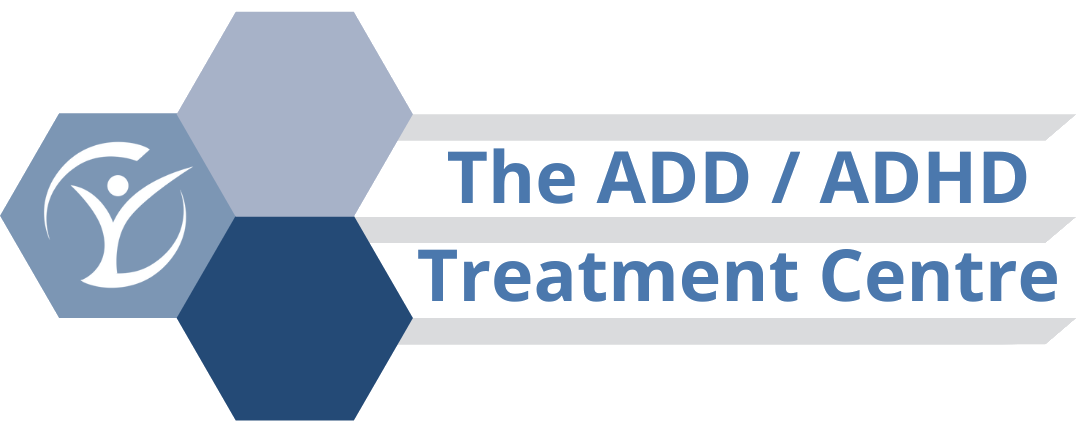ADHD Myths

ADHD myths are widely spread in public and on social media. Many people outside of medical and psychological professions do not understand the disorder. This page aims to correct common misunderstandings about ADHD in the hope that these myths are no longer repeated.
Individuals with ADHD, including the parents of children with ADHD, can work to correct these myths. By educating yourself about the misunderstandings commonly believed by others, you can help to reduce societal stigma surrounding ADHD.
Our expert team of clinicians can be contacted at any time to help answer any other questions you might have.
Common ADHD Myths and Misconceptions
Myth
“ADHD is about a lack of willpower. People with ADHD only want to focus on things that interest them, but could easily focus on other tasks if they really wanted to.”
Fact
ADHD isn’t about willpower. The difficulties associated with ADHD likely come from chemical imbalances within the management areas of the brain.
Myth
“People with ADHD can never pay attention.”
Fact
People with ADHD can often focus well on activities they enjoy, but have trouble maintaining focus on tasks they find boring or repetitive.
Myth
“Everyone has ADHD symptoms. They only pose a problem if you’re not clever enough to deal with them.”
Fact
ADHD affects people of all kinds and ability and intelligence levels. Only those with chronic impairments from these symptoms warrant an ADHD diagnosis.
Myth
“You can’t have ADHD and another mental health issue at the same time.”
Fact
People with ADHD are several times more likely to have a psychiatric or learning disorder compared to the average person. ADHD commonly overlaps with other disorders.
Myth
“You can’t have ADHD as an adult unless you were diagnosed with it as a child.”
Fact
Adults can struggle with undiagnosed ADHD symptoms. Many never receive diagnosis or assistance because they assume their chronic difficulties are caused by other conditions.
